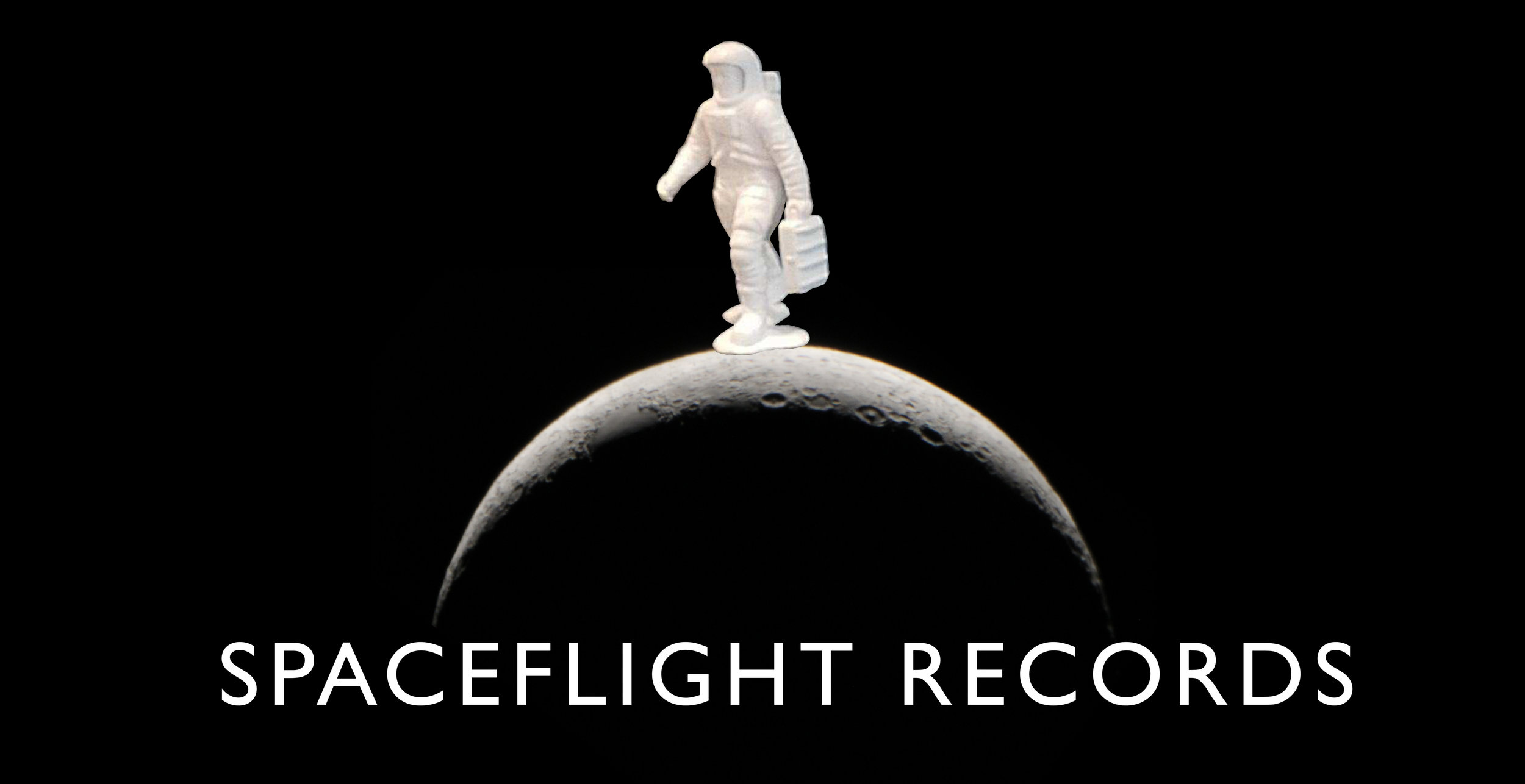Equitable Recording Contracts (E.R.C.)
For established musicians — release management, promotion, manufacturing, and distribution paired with equitable terms.
- Transparent, artist-forward contracts
- Vinyl manufacturing + global distribution
- Publicity, radio, and release campaigns
Distribution
Physical & digital distribution, shipping resources, and representation — access to shelves, shops, retail marketing, and platforms worldwide.
Revenue is shared in Distribution and E.R.C., cycling resources back into the community to strengthen the mission.



